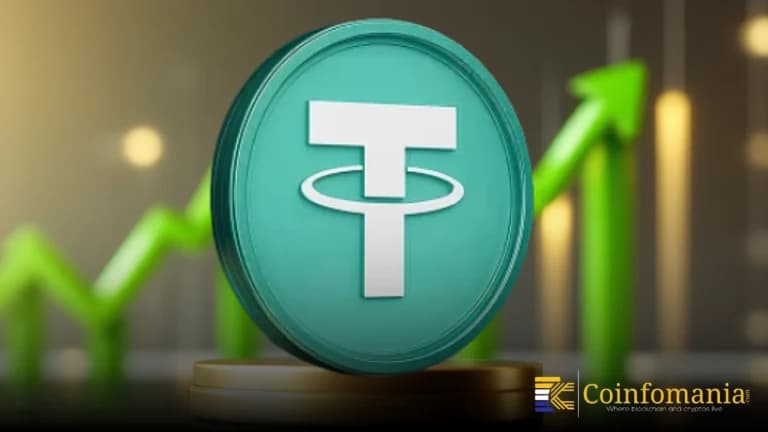Meloni Gains Market Trust as Italy’s Bond Spread Hits 15-Year Low
Italy’s bond yield spread versus Germany hit a 15-year low following increased investor confidence in PM Giorgia Meloni’s economic governance.

Quick Take
Summary is AI generated, newsroom reviewed.
Italy’s bond spread with Germany falls to lowest level since 2009, reflecting investor trust in Meloni’s policies.
Euro rally strengthens amid improving sentiment in southern Europe and weakening U.S. dollar outlook.
Stronger euro adds pressure on dollar-backed stablecoins and opens arbitrage opportunities.
Italian bond yields have fallen sharply, with the spread between Italy’s 10-year bonds. With that, Germany’s bunds narrowed to their tightest level in 15 years. Bloomberg reported on July 1 that this marks a new peak in investor confidence. This is spurred by Prime Minister Giorgia Meloni’s recent political moves and economic policies. Investors appear convinced that Italy’s leadership is enforcing fiscal discipline and stability.
Why Bond Markets Are Turning Bullish
Markets have historically treated Italy as a high-risk bond issuer, nervous about political upheaval or economic mismanagement. However, under Meloni’s administration, bond markets have responded positively. Analysts attribute the shift to government signals around tougher budget enforcement, a steady reform agenda, and constructive dialogue with Angela Merkel-era EU institutions. Combined with Eurozone-wide optimism, these factors are pulling investor sentiment upward.
Risk premiums on Italian debt have plummeted, as traders increasingly view Meloni’s leadership as a stabilizing force. Banks are now more willing to lend at favorable rates, which bodes well for domestic businesses. While consumer confidence in Italy is showing signs of recovery, as mortgages and businesses benefit from lower borrowing costs.
Euro Strengthens Amid Bund Compact
The bond spread compression has provided indirect support for the euro, which has seen sustained gains against the U.S. dollar over the past fortnight. Investors interpret the bond rally as validation of the eurozone’s resilience and unity. As the euro continues its climb, growth-focused euro-denominated assets, such as equities and corporate bonds, have started to attract flecks of global capital.
Euro Strength Puts Dollar and Stablecoins in Focus
A stronger euro often signals fatigue in the dollar and broader reallocation into alternative assets. With the euro rally coinciding with renewed bond market confidence, speculators and hedge funds are watching for upward pressure on crypto. Short-term crypto traders note that Bitcoin occasionally trades inversely with the dollar index. Extended dollar weakness may attract fresh demand from euro-based investors searching for yields. While the impact is still emergent, emerging correlations between FX strength and crypto inflows are beginning to show across trading desks.
Meloni’s Political Play Gains Market Kudos
Observers are now framing this bond market response as a referendum on Meloni’s willingness to balance nationalist rhetoric with real governance. Following a rocky coalition start, the government introduced measured fiscal reforms and spoke publicly with EU partners about budget discipline. The market narrative suggests that Meloni’s strategy is working: show strength at home, stability abroad.
Should the bond spread continue narrowing, it could embolden Meloni and bolster her political support. Conversely, any retreat or reversal in long-term yields could re-ignite political tensions or trip up her pro-growth agenda. For Italy, this is as much about credibility as it is about cash flow.
Implications Beyond Italy’s Borders
Italy’s tighter credit spreads may have ripple effects across Europe, prompting other high-yield sovereigns to borrow more heavily. The eurozone could thus experience synchronized fiscal improvements, reinforcing the currency union’s cohesion.
Global investors may begin shifting from fixed income into risk assets such as equities, corporate bonds, or thematic plays tied to Europe’s GDP growth. In that context, the crypto angle remains modest, but every macro signal that weakens the dollar could. In theory, leads to crypto arbitrage opportunities and renewed inflows from currency-hedged portfolios.
Follow us on Google News
Get the latest crypto insights and updates.


